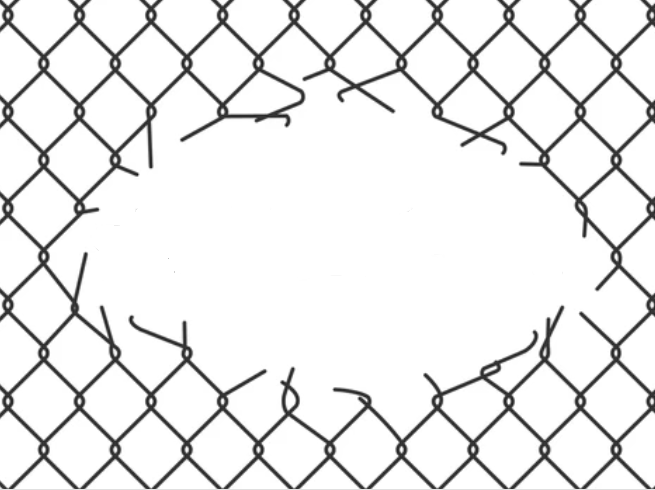REGRETS
He likes to see the faint blue smoke
stream into darkness as he says farewell.
He relishes the paper’s acceptance of flame:
a mystic kiss from tender whispered match.
He stuffs in remnants of his wedding day,
a girl’s name: he loved but never told,
the guitar he never bought or learned to play.
He rolls the strands in slivers of his skin
then lights up, dips them into his cupped hand,
raises them soft to his lips and pulls them in.
Each sweet regret sings through the soft drum
of his lungs, licks into cells before he expels,
sends it into the night to salute the moon.
He wonders how many times he will do this
before he can give it up, before they have all left
and he can enjoy a quiet mind and his dull life.

WITHY WITCH
She bewitched the willow, claiming her shape.
She called my fingers, made them twitch
to bend and shape withies, tape them down.
She showed me how to construct her stove-black hat
by poking willow withy through skeleton of wood.
Made me layer tissue on tissue of green and yellow skin,
warts, facial hair, stream of black, grey, white hair.
Her chin comes up to meet her crooked nose.
She is me. When I wear her, my eyes look through her mouth.
I take her shape and become the thing I feared
from childhood days of being an outsider, set apart.
She stayed in our shed for years, but then came the day
we burned her, to clear the space, break her spells.
The glue sealed in all the flammable materials.
She rose in a fireball, carried off on the wind.

FOUNDLING HOSPITAL, LONDON
Records show that between 1750 and 1755, 2523 children
were brought for admission, but only 783 taken in.
The mothers left a token there to identify their child:
buttons, pieces of thread, a playing card, anything they had.
We see these tokens in their glass cases, and the names
in the records, and feel sad for the separated ones.
But these mothers, walking away with empty arms
and engorged breasts, still sore from giving birth,
were fortunate. The sorrow would never leave
but their children could grow up, thrive.
But what of the turned away? What help for them?
To conceal their baby would mean dismissal,
leaving them with a baby farmer beyond reach.
What choice did they have? No one wanted their byblows.
Walking away from the Foundling hospital, moonlight
making a path on the chilly Thames, did they let the warm
soft bundle with its mewling cries, slip into the water?
Did they eye each doorstep, trying to guess the best?
Or perhaps overlay them in their beds, then wrap
the little body in rags or paper, both expensive, try to hide
the shameful parcel. Or would relatives take in the child
a grandmother, though past 50, bringing up as her own?
Such were the choices laid out before them.
So much judgement for them and no compassion.
Mothers drew lots at the Foundling Hospital
a child’s future determined by the colour of a ball.
Angela Topping

Leave a Reply